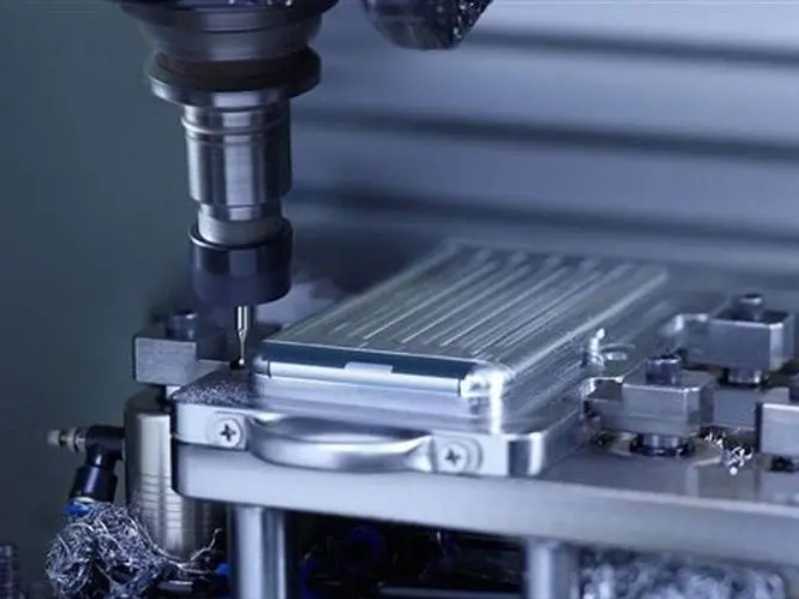Navigating the World of Automation: The Role of CNC Machines in Today's Manufacturing+ View more
Navigating the World of Automation: The Role of CNC Machines in Today's Manufacturing
+ View more
Date:2024-04-08 16:00
In the realms of automation and precision manufacturing, Computer Numerical Control (CNC) technology plays a vital role. As technology rapidly progresses, CNC machines have become an indispensable part of modern manufacturing. With their high level of automation and precise control, they've revolutionized the way we produce goods.
The Core Principles of CNC
At the heart of CNC machines lies the principle of using computer programming to direct the movements and operations of machine tools. This programming allows the machine to carry out complex tasks such as cutting, milling, drilling, and grinding with unparalleled precision and consistency. Being computer-controlled, these machines reduce human error, enhance productivity, and are capable of operating continuously around the clock, significantly increasing output while maintaining quality.
Versatility in Material Processing
CNC machining isn't limited to the production of metal products. With the evolution of technology, CNC machines are now extensively used for processing non-traditional materials such as plastics, wood, glass, and ceramics. Their versatility and adaptability make CNC technology pivotal in many industries, including aerospace, automotive manufacturing, medical equipment, and consumer electronics.
The Demand for Precision Planning
However, CNC machines aren't simply "set it and forget it" systems. Successful CNC machining requires precise process planning and meticulous design input. Transitioning from CAD (Computer-Aided Design) to CAM (Computer-Aided Manufacturing) software, engineers must create detailed drawings and accurate code to ensure that machines follow the anticipated path and specifications. Additionally, correct material selection and toolpath optimization are key to ensuring efficient processing and product quality.
Advancements Toward Industry 4.0
With the rise of Industry 4.0, CNC technology is advancing toward even higher levels of automation. Now integrated with advanced sensors and real-time monitoring systems, CNC machines can automatically adjust parameters in response to detected issues during the machining process, such as tool wear or potential mechanical failures. This makes the manufacturing process more intelligent, allowing for fault prevention and reduced downtime.
A Real-world Application
A real-world example involves a company that utilizes CNC technology to produce high-end bicycle parts. These components, including intricate gears and sophisticated frame connectors, require precise dimensions and smooth surfaces. Through CNC machining, the company was able to manufacture uniform and consistent high-quality parts. Previously, when these parts were made using traditional manual methods, issues such as inconsistent sizing and improper surface finishes were common. The use of CNC technology not only enhanced production efficiency but also ensured product structural integrity and performance, resulting in lighter, more durable, and higher-performance bicycles.
In conclusion, the role of CNC machines in today's manufacturing industry has become irreplaceable. They continue to drive innovation in the manufacturing sector, providing precise, efficient, and reliable solutions to meet market demand for high-quality products. As technology continues to advance, CNC machines will undoubtedly maintain their critical role in the future of automated manufacturing.
Share to:
Recommend wonderful blog posts

